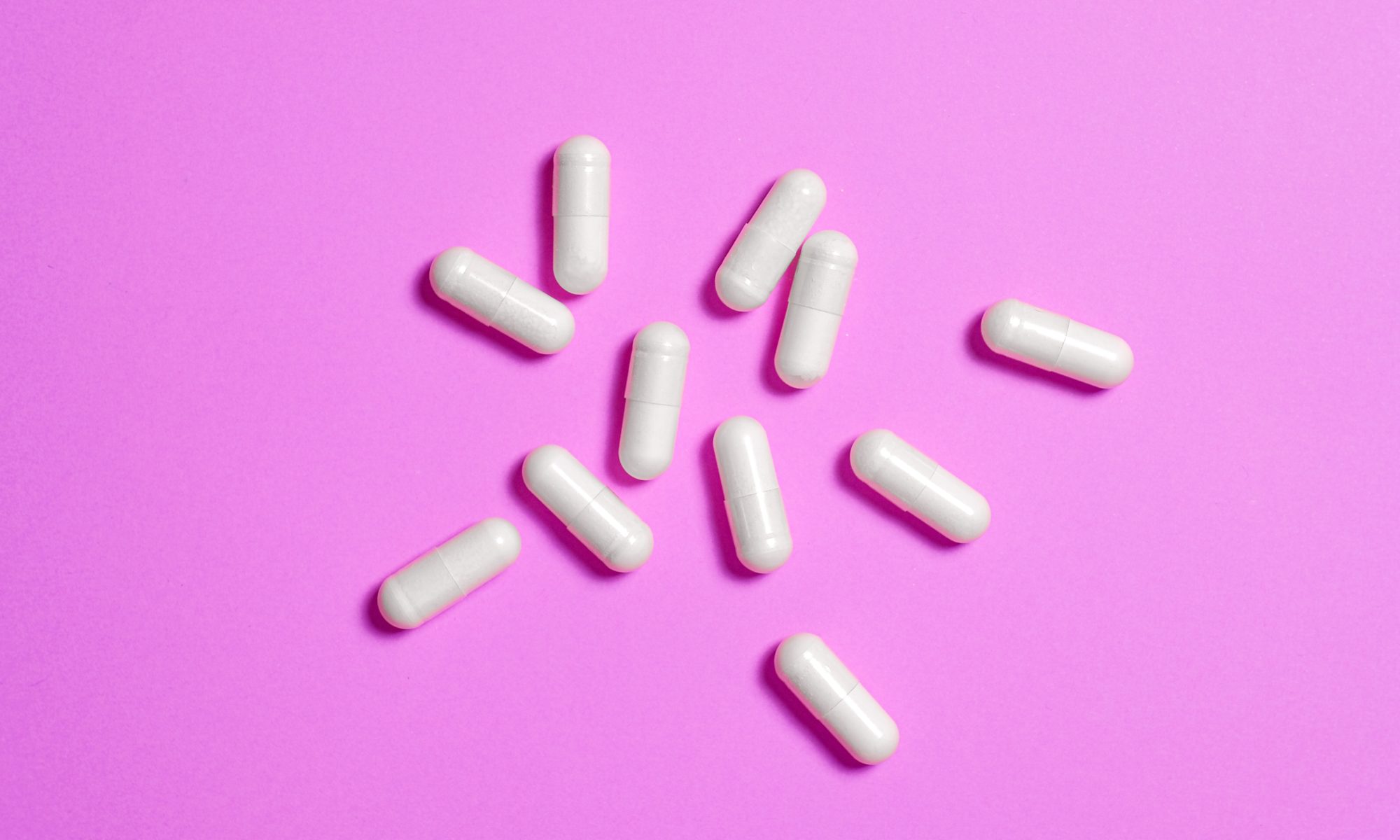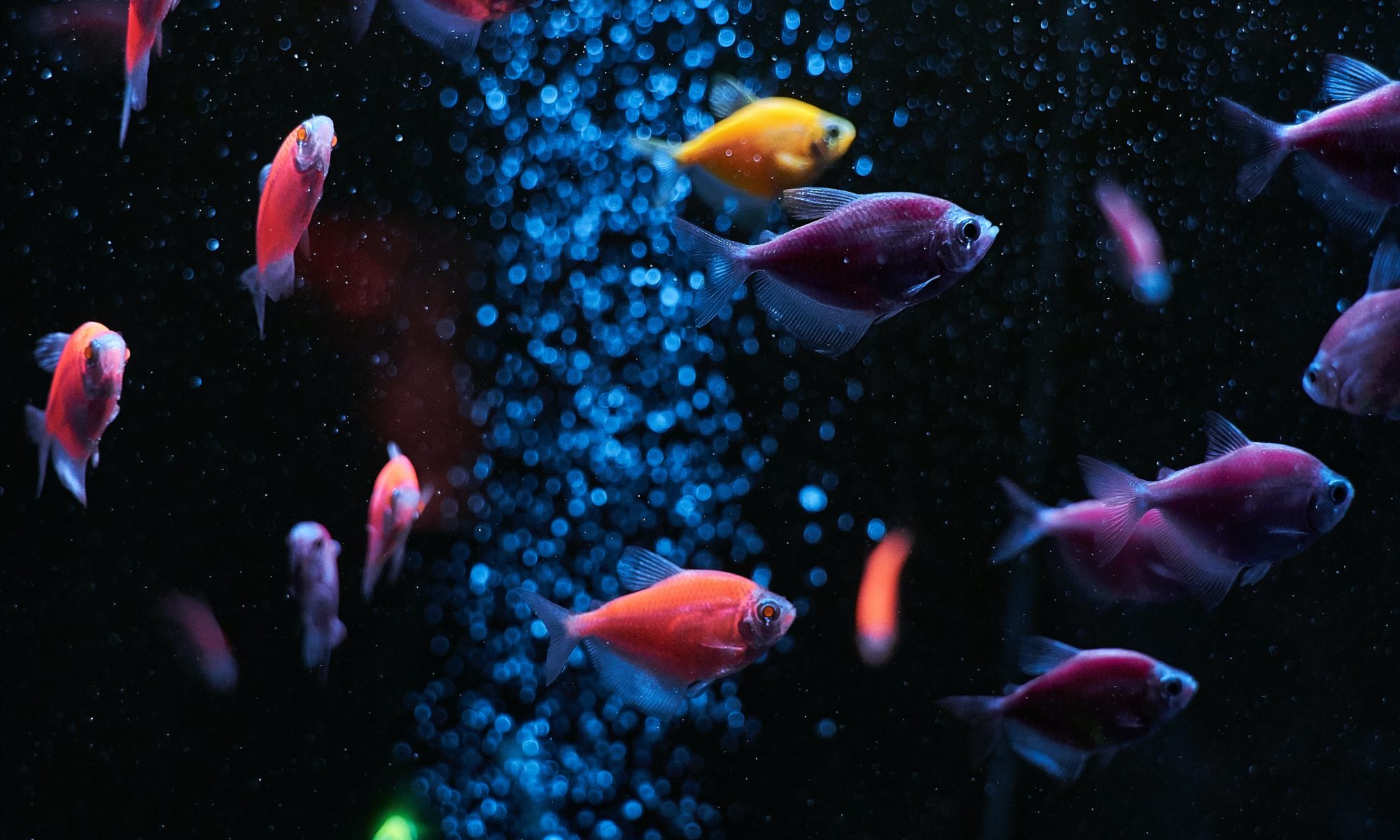Mydecine Announces MYCO-005 Family of Improved Safety Microdose Novel Molecules
One of the few concerns that experts have about microdosing is the long term impact on heart health. Psilocybin binds to 5-HT2B receptors, which could increase risk of heart valve disease with frequent use.
Mydecine (MYCO) developed a group of patent-pending molecules that bind only to 5-HT2A receptors, making them safer for microdosing. The company aims to administer these compounds through a microdosing patch to eliminate another side effect: nausea.
















